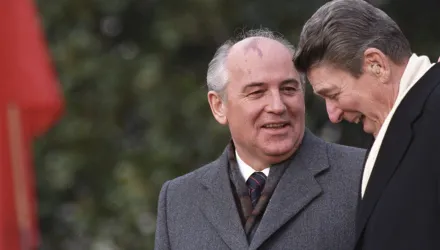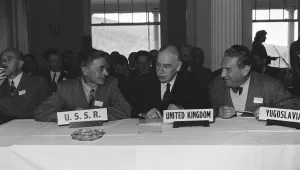International Security is America's leading peer-reviewed journal of security affairs.
Summary
Scholars have argued for centuries about the relative importance of religion in determining behavior. Do actors with genuine religious beliefs, both leaders and foot soldiers, actually fight wars and commit atrocities in the name of religion and religious institutions? Or is religion a proxy for materialist variables such as land grabs or wealth creation? A case study of the Catholic Crusading movement and an evaluation of Crusading as an institution demonstrate that religiously motivated military campaigns, when decisive conclusions are not possible, may last longer than other campaigns because of the nonmaterial reasons for continuing to fight. Despite spectacular failures and rising costs, Crusading continued for centuries. The evidence shows that it is impossible to comprehend the persistence of Crusading over a several-hundred- year period without understanding the religious devotion at the heart of this institution. This research contributes to growing work in international relations on the importance of identity attributes and helps to explain how factors such as religion can influence processes such as crisis bargaining and war termination.
Horowitz, Michael. “Long Time Going: Religion and the Duration of Crusading.” Fall 2009
The full text of this publication is available in the link below.





